Healthcare is in a state of transition.
With advances in healthcare technologies, medicine has become increasingly virtual, aided by digital technologies like artificial intelligence (AI), telehealth, and wearable devices. We must become familiar with these latest innovations to leverage them.
So, how has technology changed healthcare, and what does the future hold? This article explores seven impactful ways these digital innovations transform the healthcare industry, opening new doors for providers and patients.
1. Make Personalized Care The New Standard
With the emergence of AI and machine learning, healthcare providers can analyze vast amounts of patient data — ranging from health records to lifestyle factors — to recommend personalized treatment plans. AI-driven analytics are increasingly used to spot early warning signs of chronic conditions, enabling proactive interventions tailored to each patient’s needs.
Wearable devices and remote patient monitoring tools also provide real-time health data to health systems. Devices like smartwatches or health trackers help monitor vital signs like heart rate, sleep patterns, physical activity, etc. These continuous data streams empower patients and clinicians to monitor health outside traditional settings, enabling real-time treatment adjustments.
With these innovations, healthcare is shifting from a one-size-fits-all approach to one that prioritizes patient-centric care.
2. Cut Cost Without Cutting Corners
The US dollar crisis is forcing healthcare organizations to do more with less, but how has technology changed healthcare during the economic downturn?
For healthcare providers, automation tools and AI-powered systems are now doing a great job of cutting administrative overhead. Technologies like robotic process automation (RPA) handle repetitive tasks such as billing and patient scheduling, while some initial diagnostics can now be automated thanks to advanced analytics.

Patients also benefit from lower costs through accessible technologies. Virtual visits reduce the need for in-person consultations, saving time and money on travel. Additionally, wearable devices and remote monitoring tools help manage chronic conditions from home, reducing expensive hospital admissions and emergency visits.
Cloud computing and interoperability solutions enable scalable, cost-effective infrastructures for healthcare technology organizations. These technologies reduce the need for expensive on-premise systems and allow for seamless data sharing across platforms, improving overall efficiency and reducing overhead.
These technologies help healthcare organizations deliver affordable, efficient care while maintaining high standards.
Our Backlog Acceleration service can help you clear the existing backlogs and adopt these technologies right away—all without increasing in-house headcount.

3. Improve Diagnosis with Precision
Prevention is better than a cure, and technology is sharpening diagnostic tools to be more and more accurate.
AI-powered tools are at the forefront, analyzing medical images such as X-rays, MRIs, and CT scans with remarkable precision. These systems help detect critical conditions like cancer and cardiovascular disease in their earliest stages—when intervention is most effective.
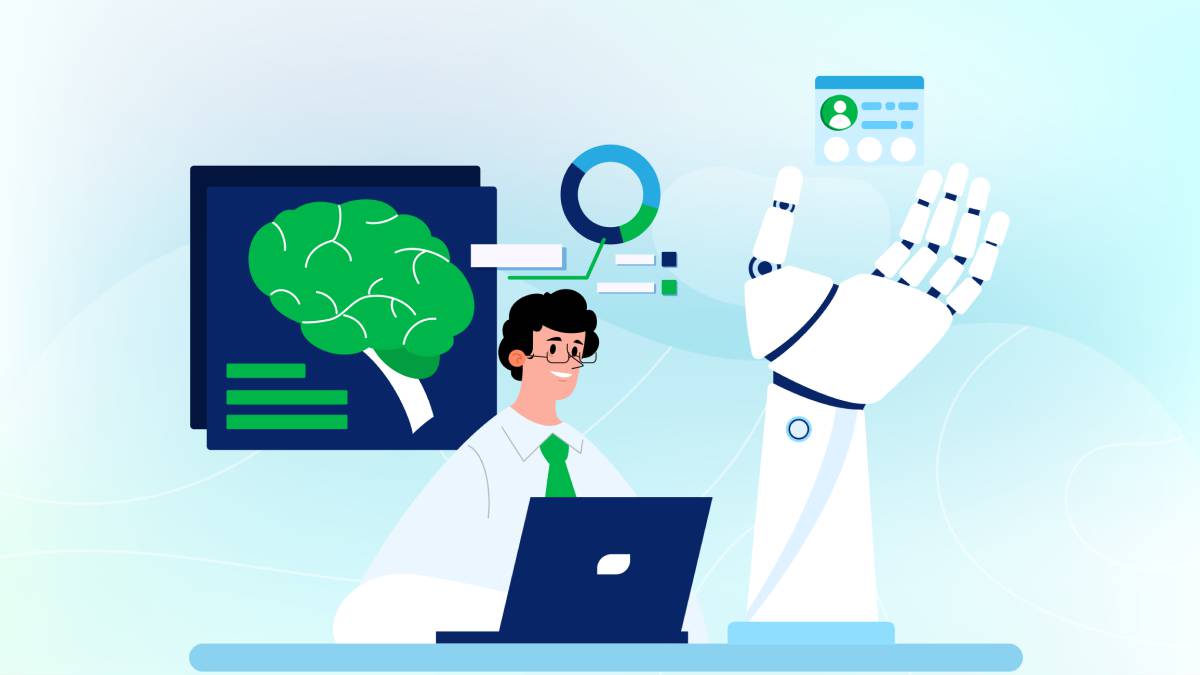
Beyond imaging, machine learning algorithms sift through vast datasets to uncover patterns the human eye might miss. This capability is transforming areas like genetic testing, where AI can identify markers for hereditary diseases, guiding personalized treatment plans.
Additionally, genetic testing and genome sequencing offer more personalized diagnostic capabilities. With the analysis of each patient’s DNA in hand, healthcare professionals can identify predispositions to certain diseases and tailor preventive strategies accordingly.
4. Accelerate Drug Development
Current machine learning models can analyze vast datasets to identify potential drug candidates and predict how compounds will interact with targets, drastically reducing the time needed for initial screening. What once took years can now be accomplished in months, answering how technology has changed healthcare.
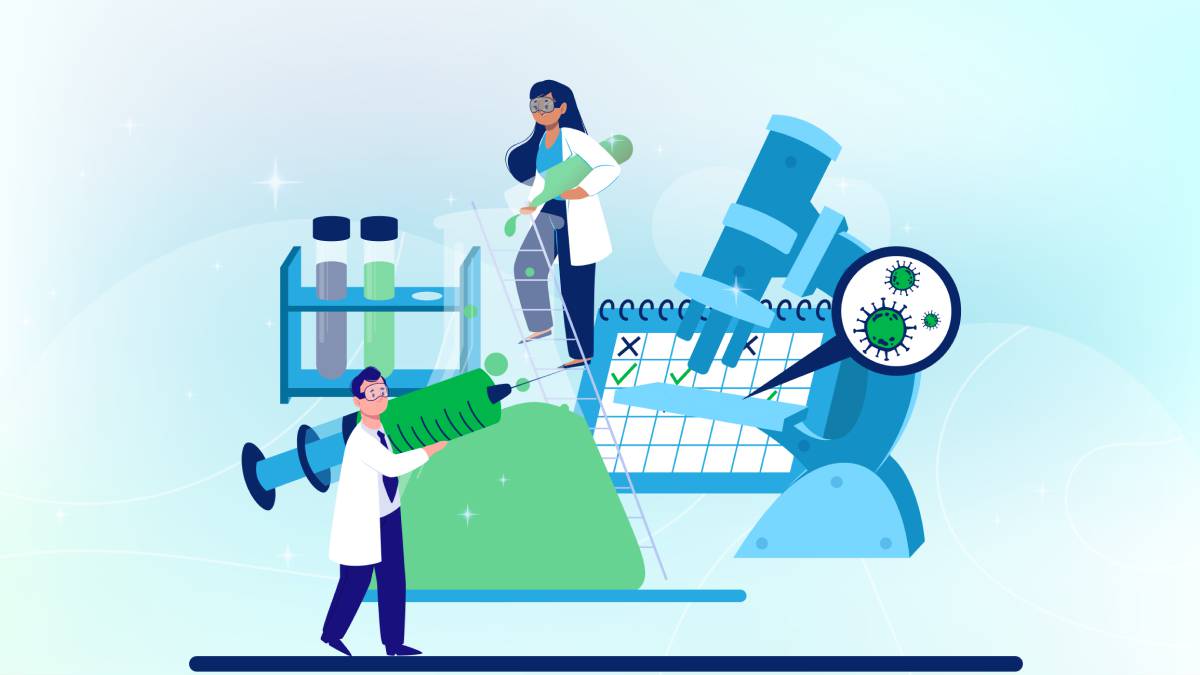
Clinical trials are a critical step in drug development, and they’re becoming more efficient through digital solutions. Decentralized Clinical Trials (DCTs) leverage telehealth, wearables, and mobile apps to collect real-time patient data remotely. This broadens participant access, reduces dropout rates, and shortens trial durations—all while maintaining high-quality data integrity.
Discover the pivotal technology trends set to revolutionize clinical trials by 2025:

These advancements make drug development more efficient, cost-effective, and targeted. The journey from lab to market is now shorter, ensuring that life-saving treatments can reach those in need faster.
5. Streamline Data Exchange for Better Coordination
The increasing use of electronic health records (EHRs) to centralize patient data has eliminated much of the chaos in healthcare operations. By digitizing medical histories, test results, and treatment plans, EHRs reduce redundant documentation while ensuring that care teams have a single, up-to-date source of truth.
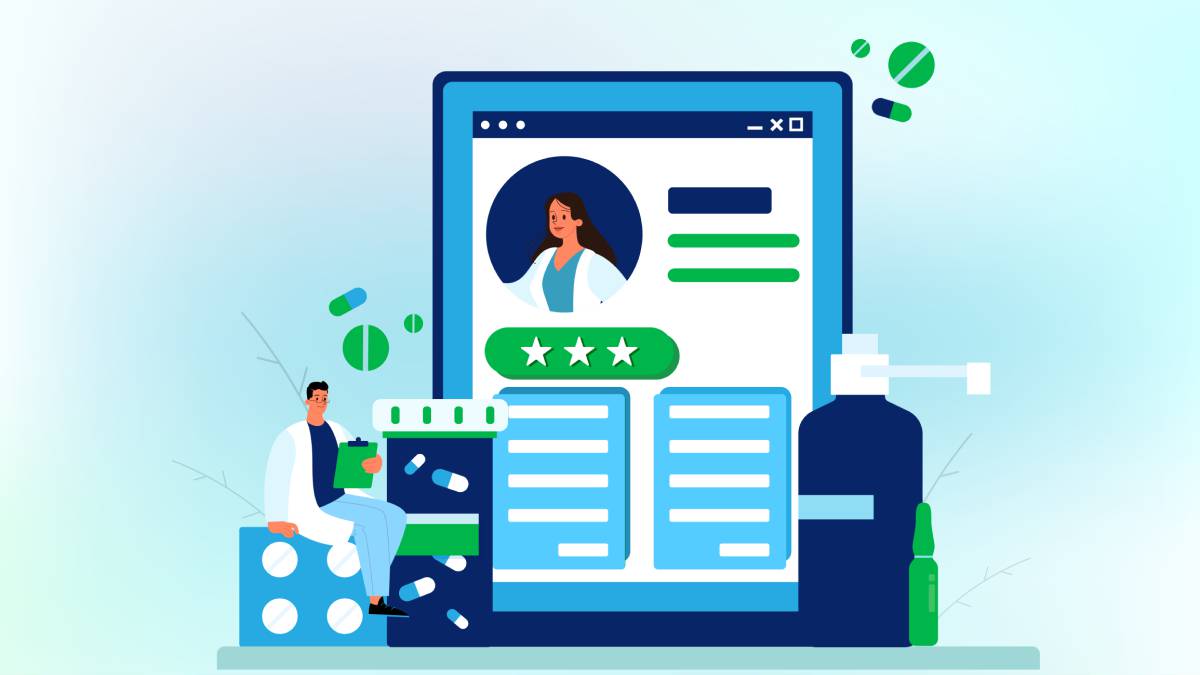
Interoperability platforms take streamlining to the next level by connecting different systems within a healthcare network. Labs, pharmacies, and hospitals can seamlessly share data, cutting down on manual entry and reducing the risk of errors. For example, automated lab result integration allows doctors to receive real-time updates, leading to faster diagnoses and treatment adjustments.
Health information exchanges (HIEs) also support data sharing across different organizations, even those using disparate systems. This governmental incentive is designed to ensure the continuity of care, especially when patients move between facilities.
6. Boost Mental Health Care Solutions
Mental health is one of the most complex health challenges to address. Technology is changing that, driving significant advancements in mental health care.
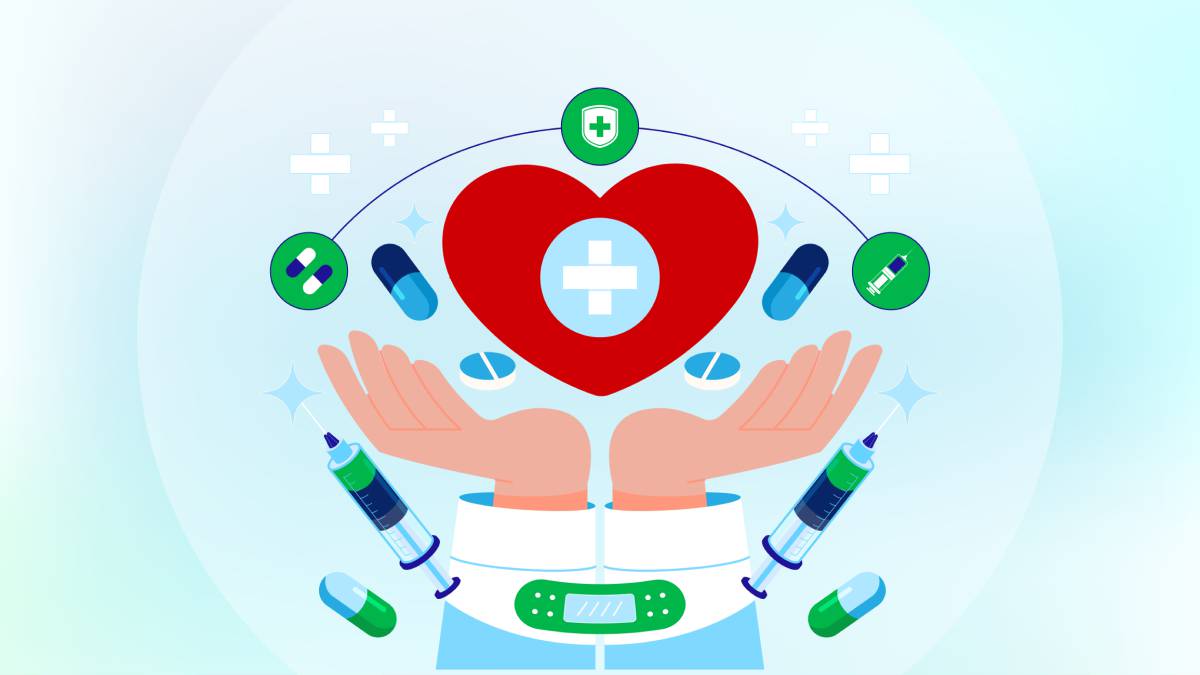
Teletherapy platforms have made mental health services more accessible than ever. Patients can now connect with licensed therapists from the comfort of their homes, reducing the stigma and logistical hurdles often associated with in-person visits. The connection is especially critical for those in rural areas or with mobility challenges, ensuring they get the help they need.
AI-powered mental health apps offer another layer of support. These tools use machine learning to analyze user input, providing real-time insights and coping strategies. Some apps even feature AI chatbots capable of engaging in supportive conversations, offering immediate help when human therapists are unavailable.
7. Empower the Healthcare Workforce
Clinical Decision Support Systems (CDSS) really exemplify how has technology changed the healthcare workforce. These tools provide evidence-based recommendations for diagnoses and treatments by analyzing patient data in real-time. CDSS has significantly reduced the cognitive burden on healthcare professionals by offering viable recommendations.
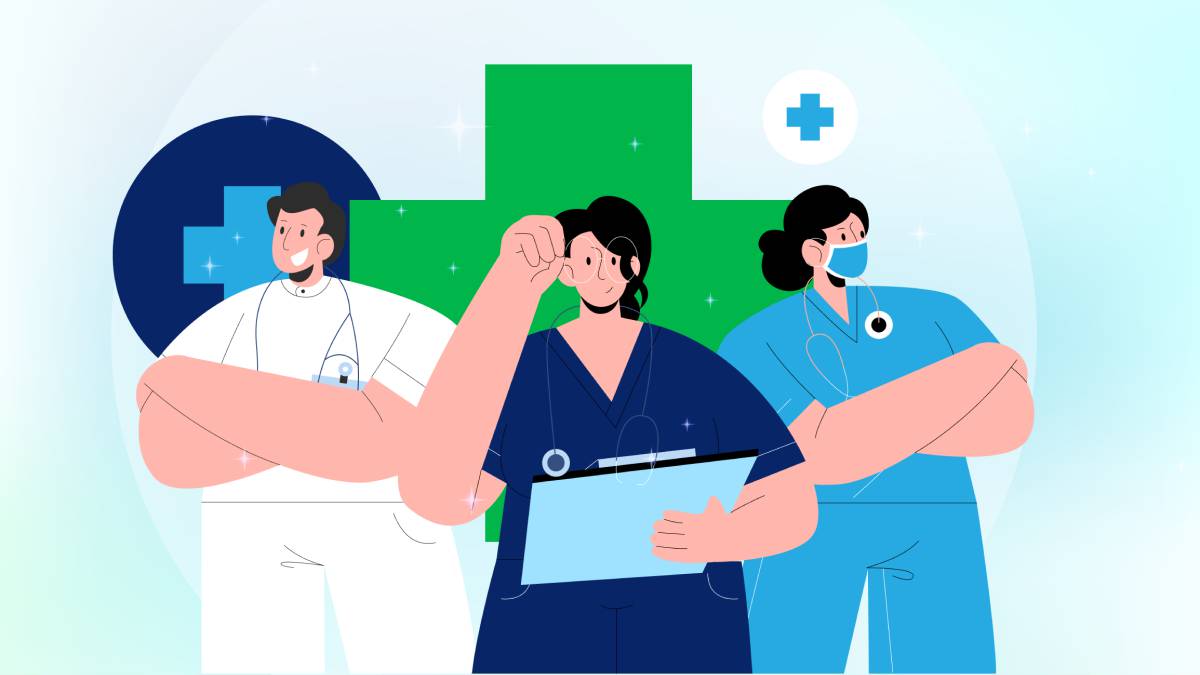
Automation can address burnout in the healthcare workforce and handle repetitive tasks. These tools take over administrative tasks like appointment scheduling and billing, allowing healthcare workers to dedicate more time to patient care.
These technologies enable healthcare employees to focus on what they do best: delivering high-quality patient care.
Preparing for The Future of Healthcare Technology
When reflecting on how has technology changed healthcare so far, it becomes clear we’re just scratching the surface. In the next few years, we will see tech that uses the blockchain, quantum computing, and advanced AI to reshape the industry further.
Concerns about AI taking over healthcare jobs, automation outpacing human expertise, or virtual reality becoming too immersive stem from the uncertainty of what’s to come. But technology’s rapid evolution is inevitable, and its potential to transform healthcare is undeniable. Rather than resist changes, we must embrace them with a proactive mindset.
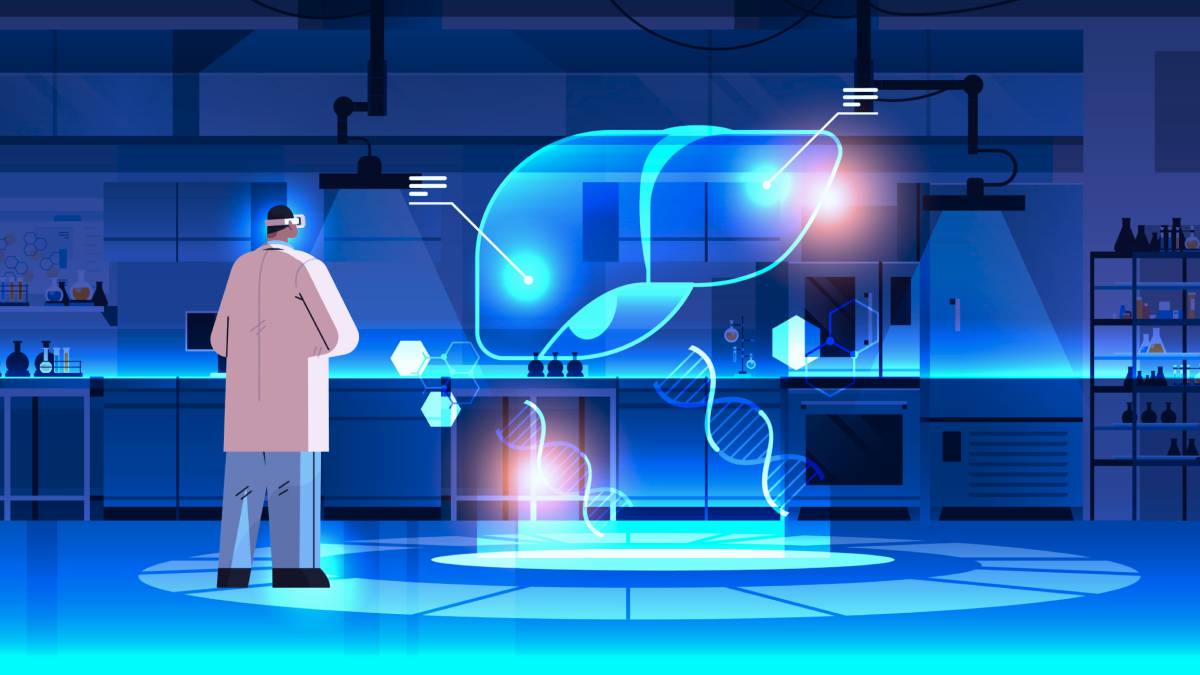
By staying informed and proactive, healthcare organizations can harness the power of technology to enhance, not replace, human capabilities. Whether it’s AI aiding in diagnostics or telehealth improving access, these tools amplify the value of the healthcare workforce.
Success lies in partnership—leveraging technology as an ally. Used wisely, it can help build resilient healthcare systems, foster stronger patient relationships, and uncover innovative solutions for complex medical challenges. The future of healthcare is not about choosing between people or technology but finding the balance that drives meaningful, lasting improvements.
Riding The Wave of Technology with KMS Healthcare
As healthcare continues its rapid digital transformation, the industry faces both unprecedented opportunities and significant challenges. Revolutionary advancements are reshaping patient care, yet they come alongside the pressures of rising demand, workforce burnout, and financial constraints. In this dynamic landscape, success depends on more than just adopting new technologies—it requires the right expertise to navigate and implement them effectively.
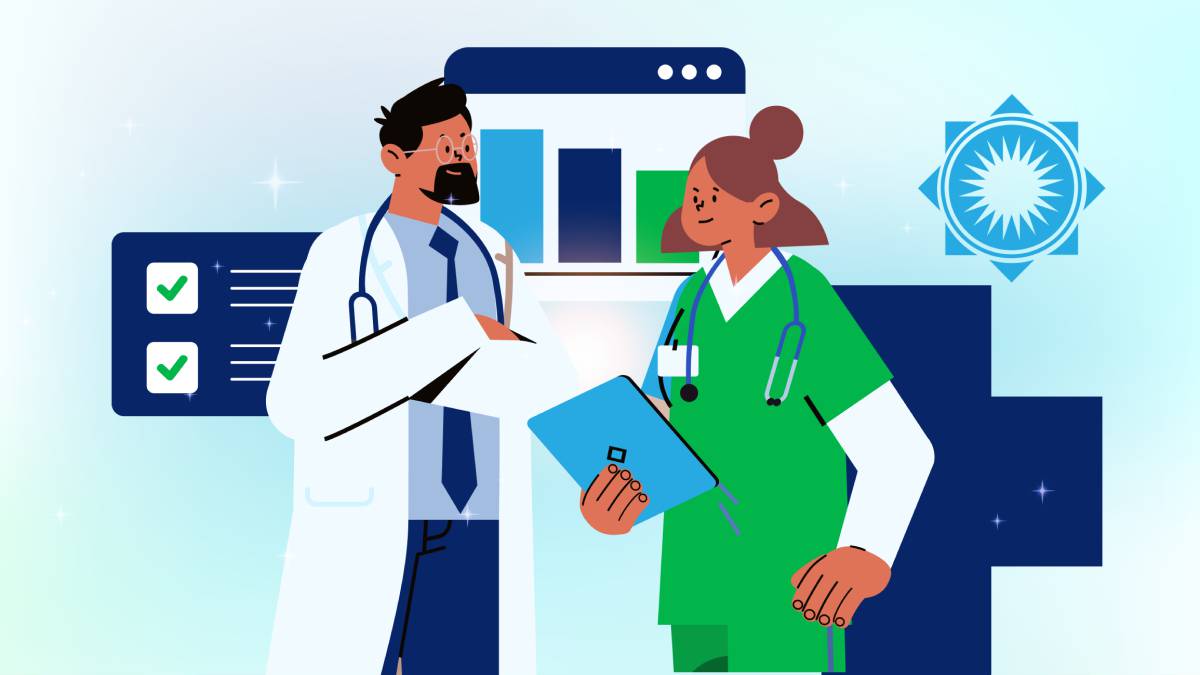
At KMS Healthcare, we specialize in turning digital healthcare trends into actionable solutions. Our custom healthcare software development teams are ready to help you plan, develop, test, and launch software products that meet the unique demands of today’s healthcare environment. Whether integrating AI-driven tools, streamlining telehealth platforms, or ensuring compliance with evolving regulations, we provide the technical foundation to help your business thrive.
Ready to make your digital transformation a reality? Contact us today.
